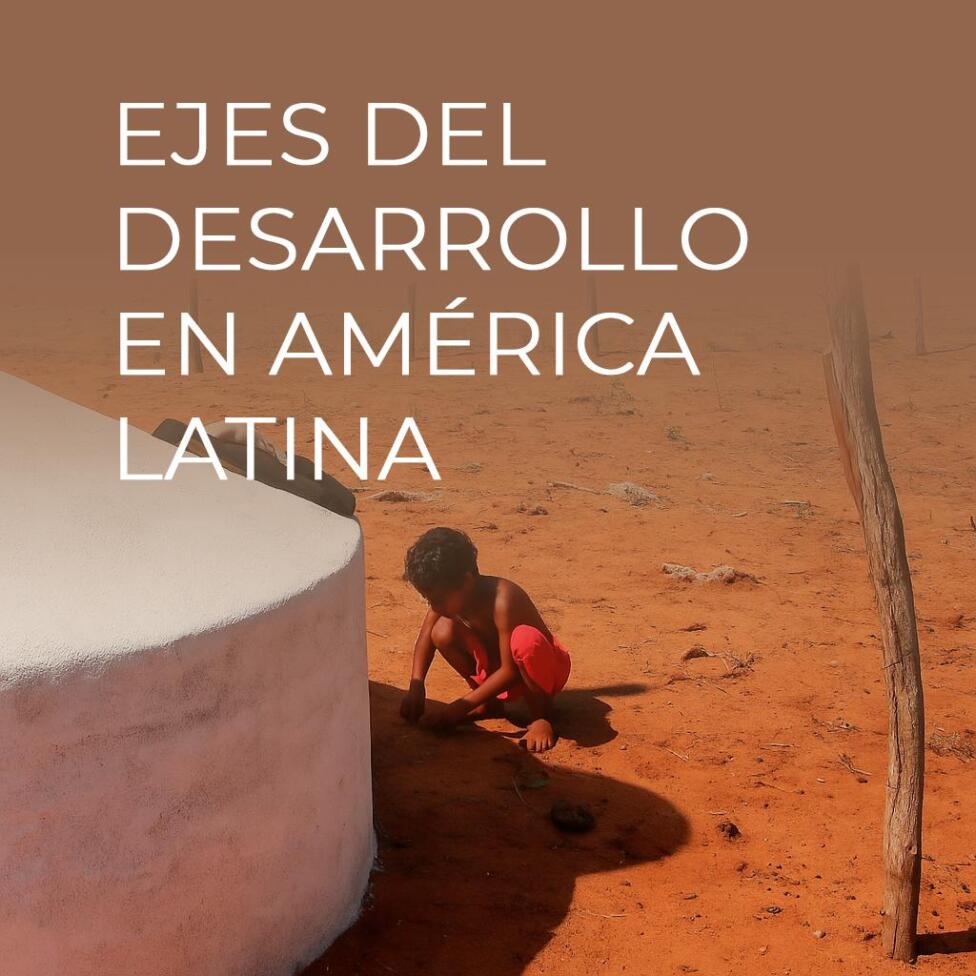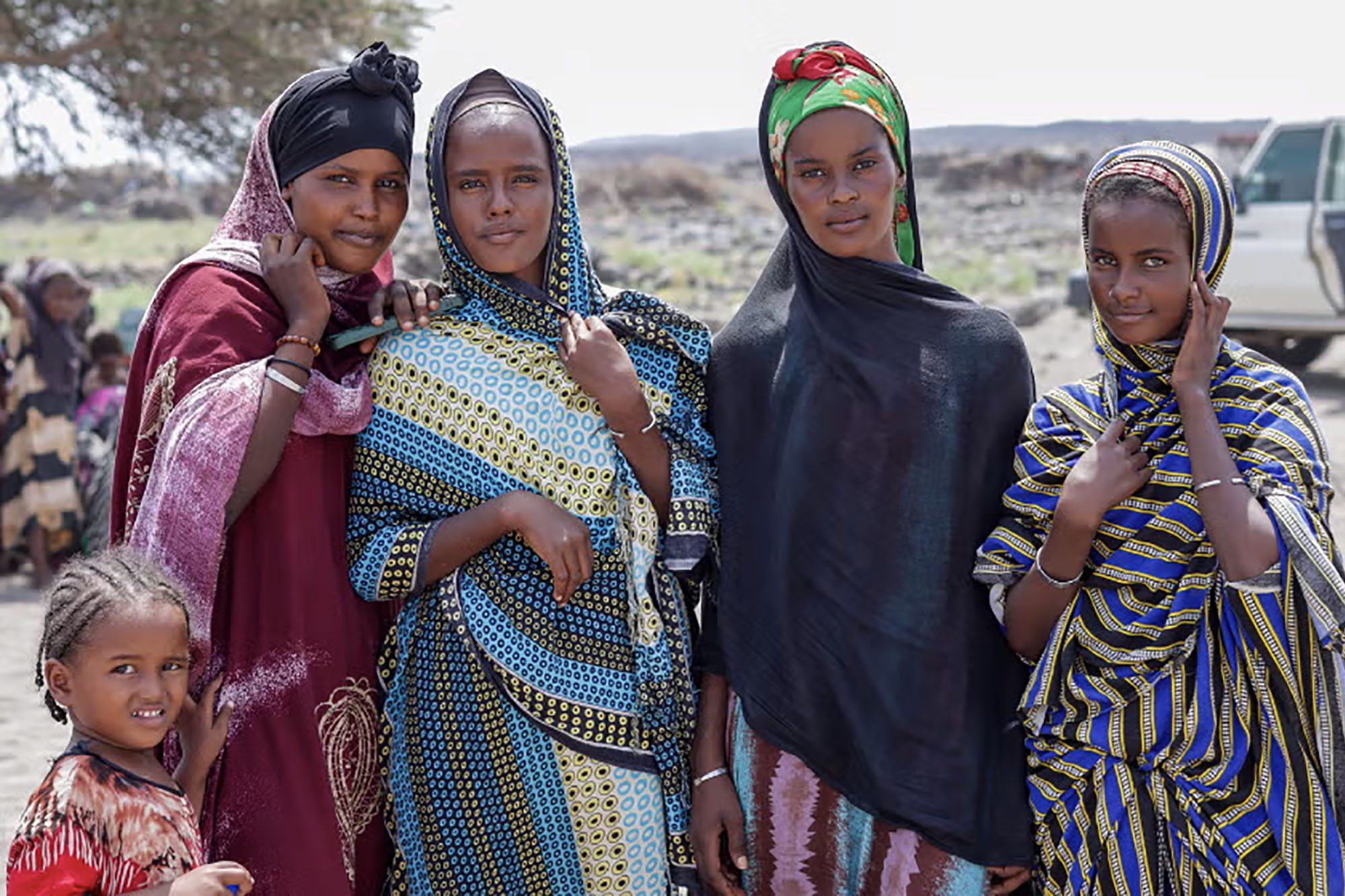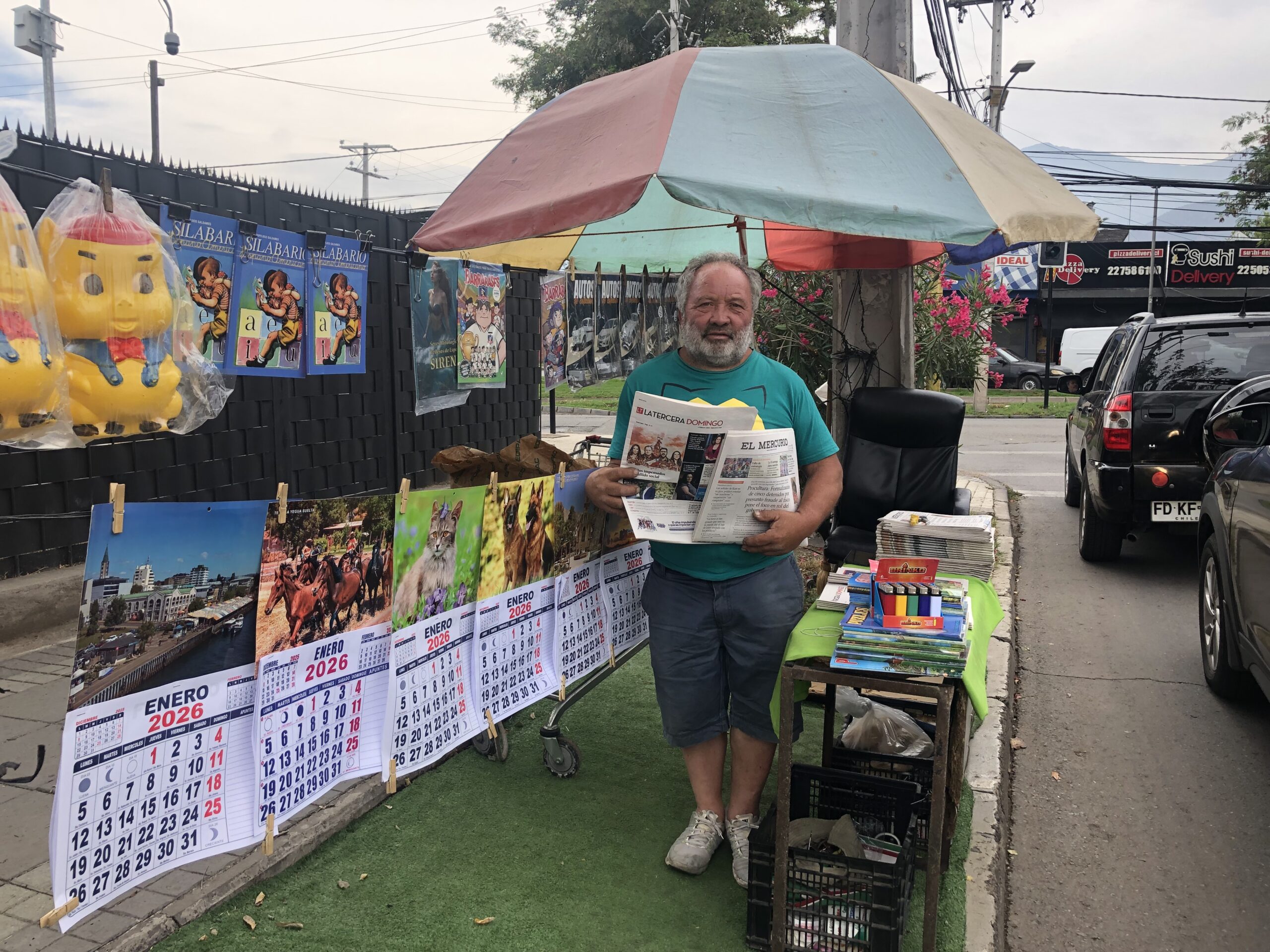La concentración del comercio exterior de México en Canadá y Estados Unidos aumentó en el primer trimestre del año, pese a la promesa del gobierno de diversificar y alentar el intercambio con otros países, especialmente de América Latina.
Cifras del Instiuto Nacional de Estadísticas, Geografía e Informática (INEZCZC OSL071 DAP149 BB XA EE XJ XX QU SERVESP .DEVAMVD EU IP
ITALIA: Ex demócrata cristianos, triunfadores en Sicilia
por Jorge Piña
ROMA, 17 jun (IPS) La fuerza de la Democracia Cristiana italiana resucitó, a tres años de su desaparición, al transformarse sus herederos políticos en los triunfadores de las elecciones regionales celebradas el domingo en Sicilia, según los resultados oficiales dados a conocer hoy.
Dos grupos de ex democristianos, parientes pobres de la coalición de centro derecha, se convirtieron en su primera fuerza y permitieron su triunfo a pesar que su principal integrante, Forza Italia, del ex primer ministro Silvio Berlusconi, perdió en dos meses la mitad de sus votos.
El Centro Cristiano DZCZC OSL072 DAP152 LLLL AA AB ARJ XJ WX DD QN SERVENG .ROMAIPS WD DV AGRICULTURE-NGOS: Leipzig Plan of Action a Mixed Bag
By Ramesh Jaura
LEIPZIG, Jun 17 (IPS) – The urgent need for the conservation and sustainable utilisation of plantic genetic resources for food and agriculture is not addressed properly in a draft Global Plan of Action being discussed here, say non-governmental organisations (NGOs).
The Leipzig conference on plantic genetic resources is the latest in a series of "technical" meetings begun in the 1960s, generally co-sponsored by the UN's Food and Agriculture Organisation (FAO).
Rudi Buntzel, spokesman for some 80 NGOs from across the globe who attended a pre-conference parley, said they were concerned that the proposed plan did not relate to other negotiations – particularly the revision of the "International Undertaking."
The "Undertaking" is a voluntary agreement on the conservation and use of plant germplasm that questions in principle privatisation.
Together with the initiative to establish a worldwide network of ex-situ collections it is regarded as a major contribution from FAO and its specialised commission to the conservation of plant genetic resources.
An analysis from the international agricultural lobby "GRAIN" said although development of the Plan of Action and the renegotiation of the 10-year-old Undertaking were separate and parallel processes, they were politically strongly interlinked.
The new Undertaking – in line with the newly adopted and legally binding Biodiversity Convention – was supposed to provide the overall rules of the game with respect to the exchange of agricultural genetic resources and to the rights to those resources. GRAIN said. The Plan of Action Plan was expected to become the world's practical operational arm.
"A Plan of Action without an agreement on the rules of the game would turn into a paper without any weight," added the GRAIN analysis.
Buntzel said in an interview with IPS that the NGOs have long argued that the renegotiated Undertaking should be adopted as a legally binding protocol to the Biodiversity Convention emerging from the Earth Summit four years ago in Rio de Janeiro, Brazill.
Buntzel said it was disappointing that the Leipzig conference would not be going beyond taking note of the State of the World Report which is the culmination of work involving twelve regional and sub-regional preparatory meetings, and much discussion on the shape of the future system to conserve and use agricultural
The Report acknowledges that the main cause of destruction of genetic diversity lies in the current mainstream agriculture. The draft Plan, however, does not reflect this, Buntzel said. He represents the German Evangelical Farmers' Group in the NGO Caucus, which will be closely following the International Technical Conference on Plant Genetic Resources, the official acronym of the weeklong Leipzig meet.
Going into detail, the GRAIN analysis pointed out that an alarming shortcoming of the draft Plan was that it failed to link with the wider issues relating to the role of the private sector, the regulations of the World Trade Organisation (WTO), the push for Intellectual Property Rights (IPRs), and the general trend toward increasing privatisation of genetic resources.
"Unless these linkages are made, and their impact assessed and addressed, much of the proposed action in the Plan will be ineffective," said GRAIN.
The proposed activities to diversify agriculture, it added, were meaningless if at the same time trade agreements forced a further homogenisation of that same agriculture worldwide.
Equally it was nice to recognise the role of farming communities at the local level, but if one allowed at the same time IPR laws to extend to their biodiversity, these communities would be further marginalised, their resources devastated and their knowledge pirated.
Buntzel, while supporting the GRAIN findings, said the drawbacks of the draft Plan should not deter from the fact that it did contain some important and useful elements.
Until now, the conservation and use of agricultural genetic resources has been uncoordinated and largely driven by the interests of industrialised countries and their plant breeding industries.
This has resulted in a situation where the most important stored germplasm in the world is the genebanks under the control of the North, and stored far away from local farming communities.
Against this backdrop, a Plan of Action which could be discussed and decided upon on a one-country-one-vote basis, was a good thing to have, as long as it had enough basic elements to counter the current biases in plant genetic resources management.
Also, for the first time it was officially recognised that there were problems with the current genebank system: genetic erosion in the genebanks is high, seeds are not being regenerated, materials are not being used, and data on the stored seeds are lacking or incomplete.
The draft Plan proposed measures to address those problems, Buntzel said, and for that reason too it deserved appreciation. Besides, it also recognised that to date attention had been biased towards the ex-situ genebank approach and against in-situ and on- farm methodologies.
The draft Plan proposes increased attention for those methodologies and calls for a new partnership between the formal and informal sectors.
"There is a very welcome section focusing on the restoration of traditional seed supply systems after disaster situations in which farmers lost their seed supply," the GRAIN analysis pointed out.
It noted that the importance of wild foods and forest products for local livelihood systems and the role of indigenous peoples in the management of living resources in protected areas, were highlighted and supported in the draft Plan. (ENDS/IPS/raj/mk/96)







